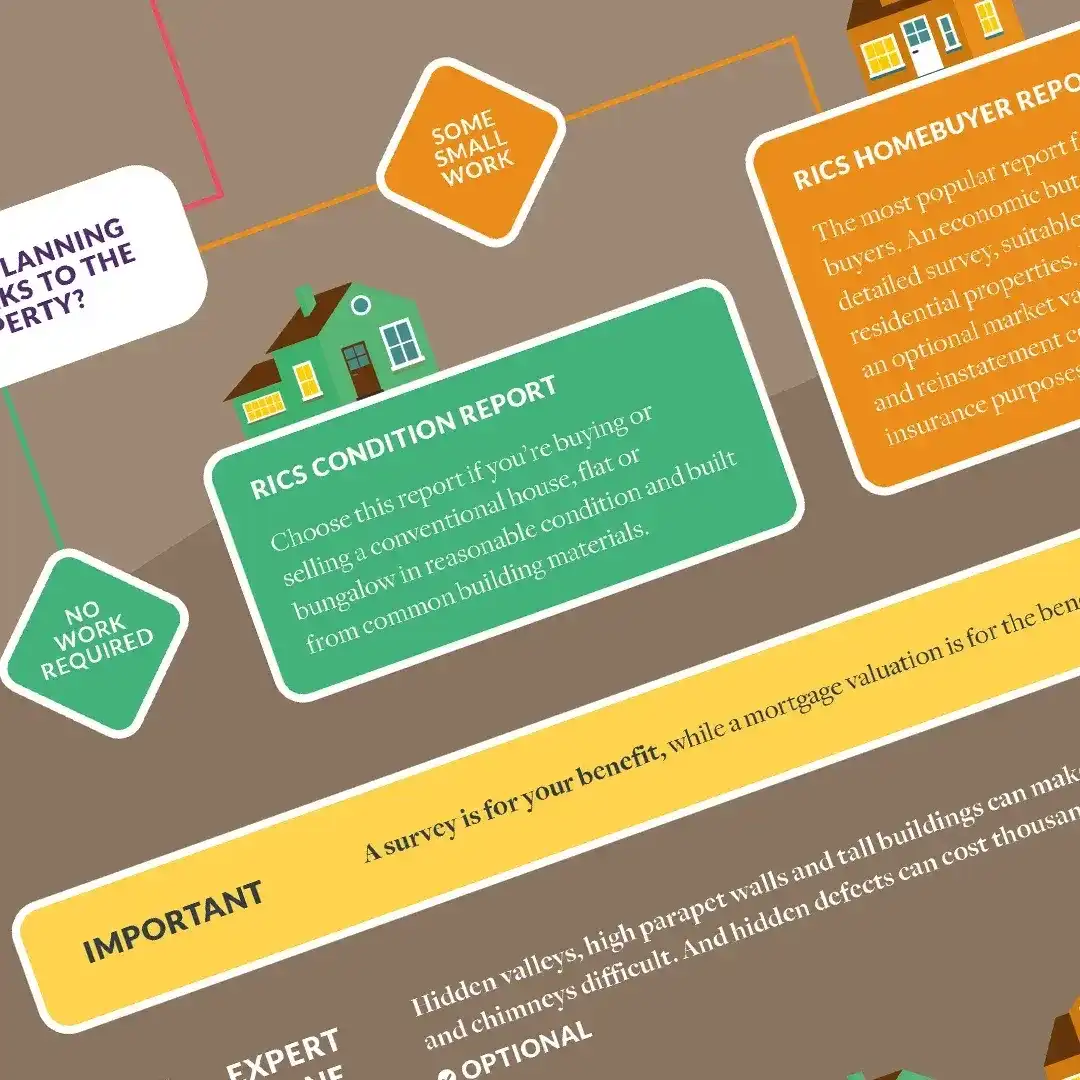The Grenfell Tower fire in 2017 was a tragic event that has had lasting repercussions across many areas of society.
One of the unresolved issues is amongst homeowners living in other high-rise blocks across the country with similar cladding to that used on Grenfell. There has been a huge amount of confusion and frustration about how this might impact the value of their property and numerous reports of zero valuations given on apartments in high-rise buildings.
In valuing a high-rise property, of 18m or more, it is the responsibility of the surveyor to establish whether there is cladding on the property and, if so, whether the cladding system is the Aluminium Composite Material (ACM) that was present in Grenfell Tower and has been identified as a fire risk.
If these materials are identified, the freeholder of the building is expected to put an active management plan in place to rectify the situation, and this will most probably result in a cost to owners of properties within the building.
As surveyors, when we undertake a market valuation on behalf of a lender, we must do so on the basis that a property would be readily resaleable for owner occupation in an open market with a prudent purchaser and a prudent vendor in an arm’s length transaction.
Few people could argue against a prudent purchaser wanting to know whether a property does have ACM cladding and, if it does, whether there is an active management plan in place. As a management plan will come at a cost to the owner of the property, anything other than confirmation that there is no ACM cladding in place, could leave the purchaser liable to a potentially unquantifiable cost.
On this basis, no prudent purchaser would buy a property that could leave them with an unquantifiable liability. Consequently, a surveyor would have no choice but to apply a nil value as most high street lenders insist that, if a property does not meet their lending criteria, the valuer must place a £0 valuation on the property.
One of the frustrations about this approach is that it is applied to all high-rise buildings with cladding, even if there is a good chance that the cladding doesn’t pose a fire risk. This is because, in over two years since the Grenfell Tower tragedy, authorities have still not agreed a process to certify that a building has been declared safe. Until now.
It was recently announced that a certificate has been developed that identifies which cladding-covered properties meet safety regulations. This certificate is not the result of a government initiative, but a cross-industry process involving lenders, fire engineers and surveyors and it has been pushed through by the fantastic Fiona Haggett, who is head of valuations at Barclays Mortgages.
On the back of working as part of cross-industry initiatives to find a solution to the issue, which has left leaseholders unable to sell or remortgage their properties, Fiona drafted a one-page document to consolidate the otherwise cumbersome process. This is now with RICS awaiting sign-off.
This is a great example of how cross-industry initiatives can deliver an effective way of delivering solutions to problems that would otherwise remain unanswered. At Arnold & Baldwin, we have been involved from the sidelines in this initiative as well as others to improve the home buying process and home survey standards, and we believe strongly that this type of collaboration is the best way of breaking deadlocks and advancing the industry in a positive direction. We strongly support the introduction of this certificate and are always happy to collaborate on new projects where we can work together with other businesses and make a difference.


